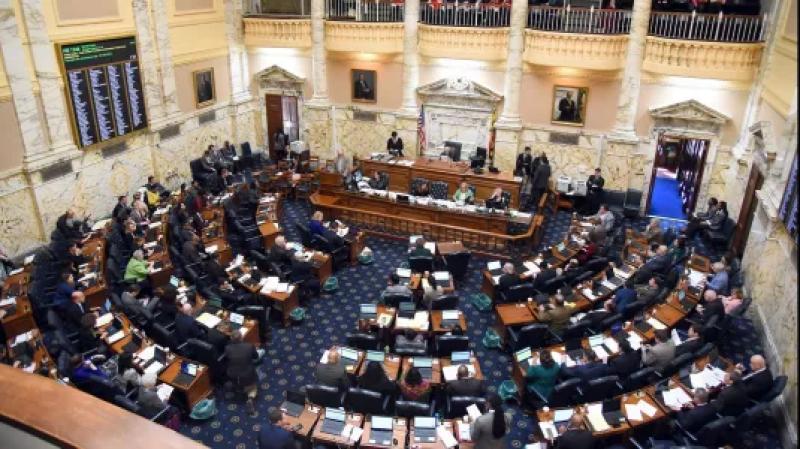
Maryland’s House of Delegates has passed the state’s controversial iGaming legislation before the important “crossover” deadline, although it’s going to be anything but straightforward from here.
Bill Ferguson, Maryland’s Senate President, said the iGaming bill passed by the state House of Delegates is “dead on arrival” when it reaches the upper chamber. He argues that now is not the time for more gambling, a statement that appears to be made on the back of the state’s six land-based casinos seeing a 3% decline last year in slot and table game revenue.
House Approves iGaming Bill
Yesterday, the lower chamber of the General Assembly cleared House Bill 1319, in a 92-43 vote. The bill was first introduced in February by Del. Vanessa Atterbeary (D-Howard) and last week, it managed to gain secured committee support through the House Ways and Means.
The bill was moved to the full House floor last weekend, and she needed a three-fifths majority support, which was achieved. The Bill has since moved to the Senate, where it’s been scheduled for an “initial review” in the Budget and Taxation Committee. The Senate must pass the bill by April 8.
Under the bill, the up to 30 online casinos licenses may be granted; each of the six land-based casinos in the state would automatically qualify for three iGaming skins (licenses.) Operators would then pay an initial $1 million fee, for a five-year license, with renewal costs equalling 1% of annual profit for the preceding three years.
Of the tax revenue expected to be generated, some would be spent on Maryland’s Future, with further funds sent to other counties that are home to land-based casinos, racetracks, as well as women and minority-owned businesses.
Numerous Amendments
Before the House Bill 1319 was approved in the House, those behind the bill made several amendments to the proposed legislation. Now, bettors will be required to set deposit limits, in the aims of promoting responsible gambling, and licensees must not accept or receive revenue from countries that are “known for money laundering”, that are listed as terrorist states, or where online gambling is illegal.
The Commision who will issue iGaming licenses will also be responsible for preparing annual reports and its impact on VLT terminals. The Commission must also conduct an annual study looking at unauthorized forms of online gaming – including sites offering microtransactions, or hosting sweepstakes.
One of the last amendments to be made was that operators will also be unable to accept credit card deposits – something that received significant industry pushback. Earlier amendments also included clauses that the state should receive 55% of each platform’s online slot win, and 20% of table game wins.
Senator Ron Watson told one online iGaming outlet that he was advised against the prohibiting credit card deposit by the Maryland State Lottery and Gaming Control Agency.
Senate Opposition and Budget Concerns
However, the bill is facing stiff opposition from Senators, with President Bill Ferguson telling Marylanders that they’re already facing the challenges associated with “stubborn inflation” – and that they shouldn’t have to take on an additional burden.
Speaking to Bonus.com, Watson noted that the Senate leadership simply doesn’t see the need for additional revenue this year, if it came from iGaming. He said:
“The general consensus of the Senate is that a balanced budget has been developed and submitted. And, as such, no new taxes are required, nor are they ready to entertain this new revenue stream.”
Subsequently, House Bill 1319 is expected to be opposed by the Senate, despite financial experts predicting that it could bring in more than $250m each year from additional tax revenue.
